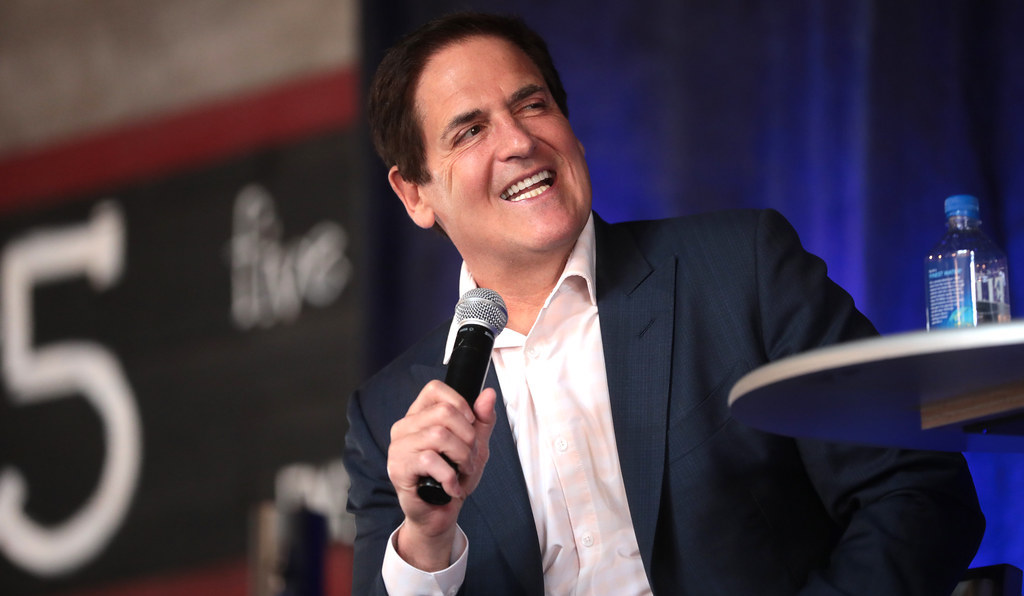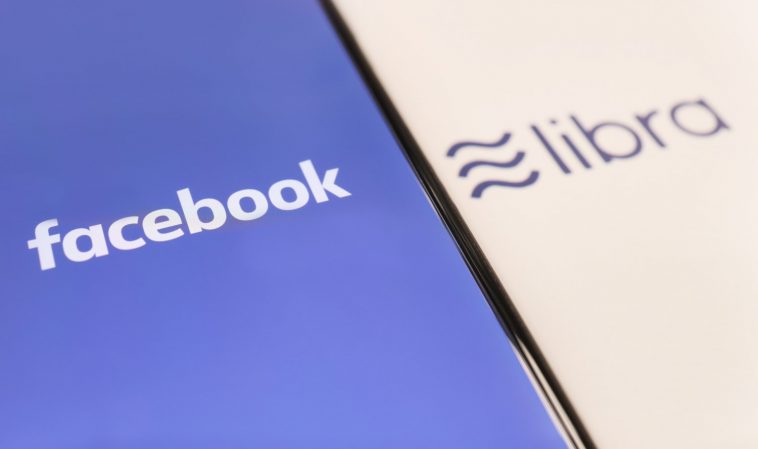TechInAfrica – You may have seen our story about Libra, Facebook’s new cryptocurrency targeted mainly for developing countries where economic growth is at its fastest and population is denser than any other regions. In our previous exposition, we elaborated the strengths and the potential weaknesses for the digital money, as well as how the public is mostly set to refuse the idea of their supposedly ‘universally-accepted’ payment system. Overall, the negatives seemed to overwhelm the positives, but that’s all up to you to judge.
In a recent CNBC interview, billionaire Mark Cuban stressed that he’s not a big fan of what they’re doing here, and he regards such action as a big mistake from the social media giant. The owner of Dallas Mavericks also admitted to CNBC that he’s concerned about the market of the world—rather than the US market alone. In countries where the government is still unstable and currencies are relatively vulnerable, it could pose as a dangerous element which would threaten the referred countries.

“There’s going to be some despot in some African country that gets really upset that they can’t control their currency anymore and that’s where the real problems start occurring,” Cuban spoke to CNBC’s Deirdre Bosa during the interview.
Furthermore, US President Donald Trump had also tweeted that he’s not to fully consent on Facebook’s new idea of cryptocurrency. Cited from his official Twitter account, he said that he’s ‘not a fan of Bitcoin and other Cryptocurrencies, which are not money, and whose value is highly volatile and based on thin air’. You can read the full thread below:
I am not a fan of Bitcoin and other Cryptocurrencies, which are not money, and whose value is highly volatile and based on thin air. Unregulated Crypto Assets can facilitate unlawful behavior, including drug trade and other illegal activity….
— Donald J. Trump (@realDonaldTrump) July 12, 2019
Libra, introduced with its central bank named Libra Reserve, weren’t immediately accepted by the majority of society mainly because their privacy scandal that took place in early 2018. To say that future users are wary of Facebook monitoring our financial activities and habits would be a modest understatement.
Source: cnbc.com



